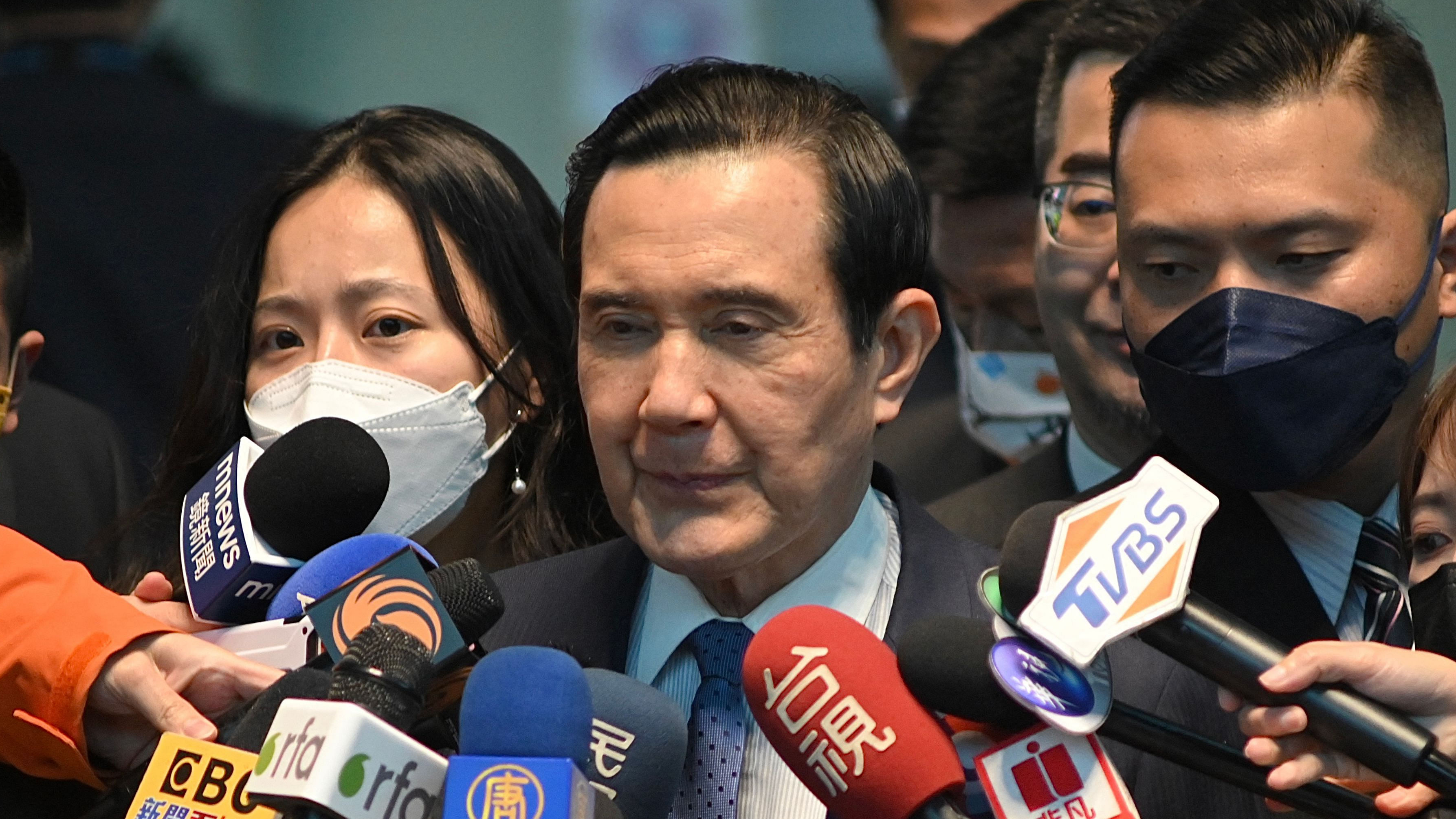
China-Taiwan ties have been in a nosedive since Tsai Ing-wen became the President of Taiwan. The hard stance adopted by China’s President Xi Jinping has further worsened this relationship.
With this backdrop it is a surprise that the former President of Taiwan, Ma Ying-jeou, has set on a 12-dat visit to China starting on March 27. This will be the first visit to China by a Taiwanese leader in the last seven decades. Ma belongs to the Kuomintang (KMT), which is pro-reunification political party, while Tsai belongs to the Democratic Progressive Party (DPP) which leans towards independence. Thus, no surprise that under Ma the relations between the two sides had improved quite a lot. China and Taiwan had even signed the Economic Cooperation Framework Agreement (ECFA) in 2010, and Xi and Ma had met in Singapore in 2015.
The trip is expected to be about student exchanges and Ma visiting the graves of his ancestors. He has no plans to visit Beijing; however, he may meet Xi. Ma is scheduled to visit Shanghai, Nanjing, Changsha, Chongqing, and Wuhan.
Given the backdrop of the worsening relations and the ever-intensifying hard stance taken by Beijing towards Taiwan, the announcement of the visit raises a lot of questions. What is curious is that Tsai is expected to stop over in the United States during her visit to Central America. She is expected to visit New York in March and Los Angeles in April during her flight back to Taiwan. She is expected to meet the US House Speaker as well. As expected, this announcement has not gone down well with China.
Ma’s visit to China also comes close to the upcoming presidential elections in Taiwan. The elections will be held early 2024. The relations between China and Taiwan have become worse under Tsai’s tenure. It is quite expected that the KMT will be using Ma’s visit to project the hope and image of warmer relations between the two sides.
Since Tsai became President in 2016, Xi has been vocal about the ultimate reunification and has also been assertive about use of force. The August 2022 visit by Nancy Pelosi to Taiwan further aggravated the already difficult relations. In the last decade Taiwan has also lost 13 diplomatic allies. The latest being Honduras which earlier this month decided to switch diplomatic relations to China. Beijing has been using its economic influence to restrict Taiwan’s diplomatic space. Most of the smaller nations which recognise Taiwan have shifted their relations giving in to Beijing’s promise of investments and other financial aid.
Xi is clear on reunification, which has become an integral part of the Chinese Dream. During the recently-concluded National People’s Congress (CPC), Xi asserted that the “pro-independence forces on Taiwan need to be opposed”.
Given this, expect the KMT and the CCP to highlight the upcoming visit as a promise for better relations. There will also be an effort to project that if the KMT was to come to power China-Taiwan problems can be reduced. Beijing show that it is ready to co-operate with Taiwan if it tries to put the demand for independence on the back burner.
China has always tried to influence the Taiwanese elections since democratic elections began in Taiwan in 1996. Despite Beijing’s show of military force prior to the 2020 elections, the Taiwanese re-elected Tsai — an outcome which Beijing would not have expected, or wanted. Ma’s visit may be a good photo opportunity for Beijing to show to the people of Taiwan that it is keen to interact and may be a well thought out diplomatic move.
Under Tsai the push for independence and the strengthening of the democratic processes have gained strength while the new policies implemented by Xi in Hong Kong have reduced the viability of the ‘One country, two systems’ for the Taiwanese people.
(Gunjan Singh is Assistant Professor, OP Jindal Global University.)
Disclaimer: The views expressed above are the author's own. They do not necessarily reflect the views of DH.